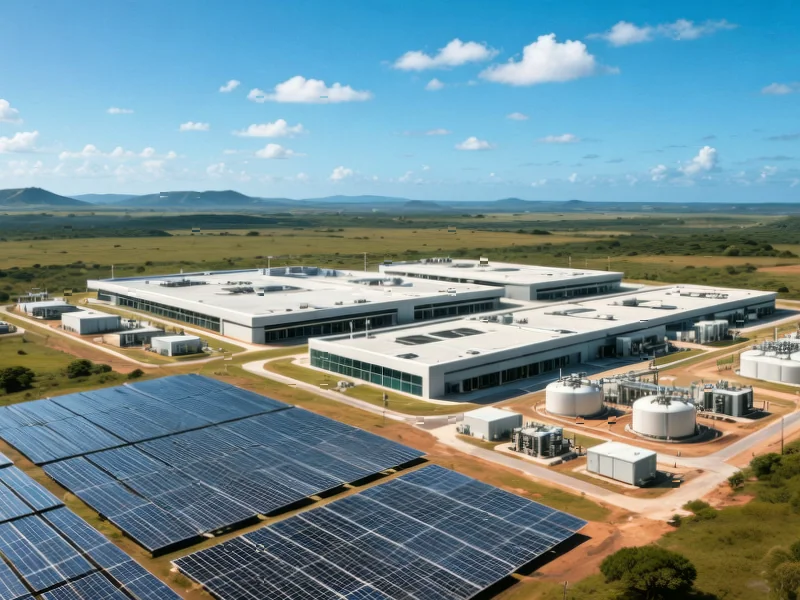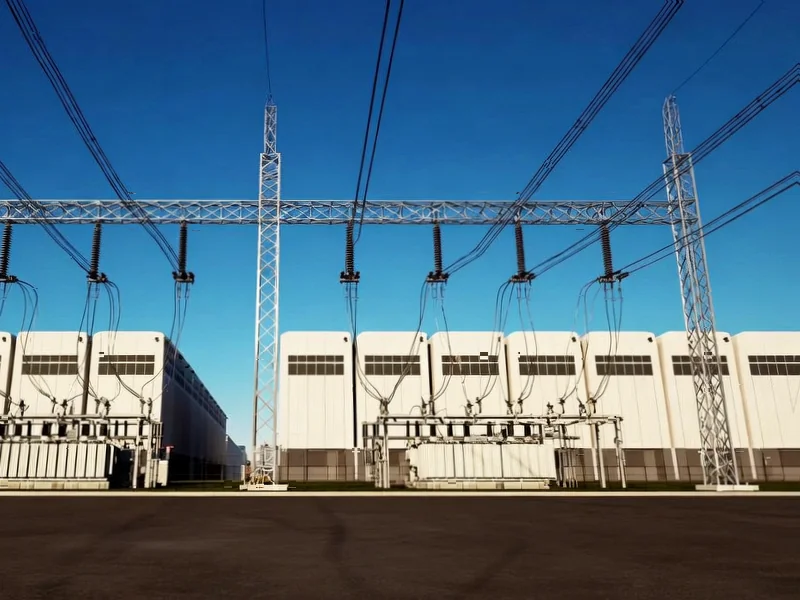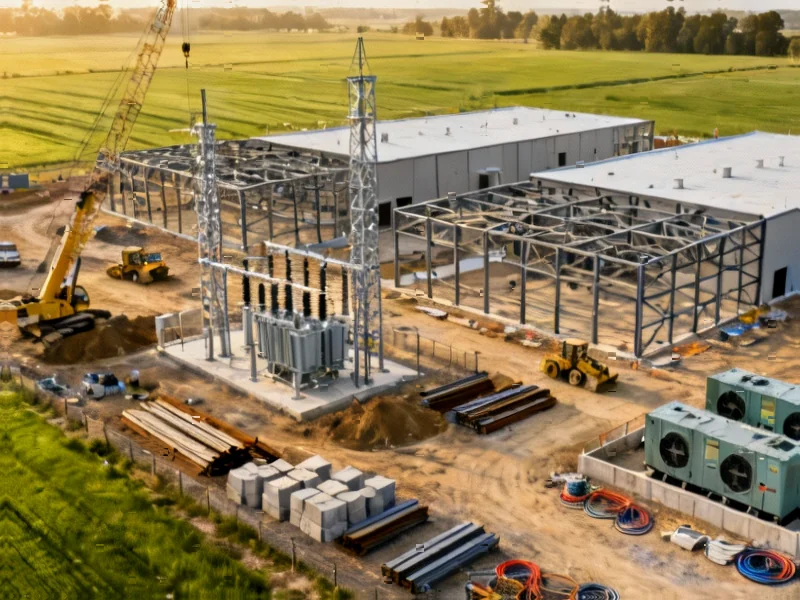According to DCD, Indonesia Energy Corporation has signed a Memorandum of Understanding with Brazilian oil company Aguila Energia e Participações to develop hybrid natural gas and solar power projects specifically for data center operations in Brazil. The agreement was formalized during summit meetings between Indonesian President Prabowo Subianto and Brazilian President Luiz Inácio Lula da Silva last week, with plans for two pilot projects in Brazil’s northeast region starting at 10MW each and scaling potential to over 400MW. IEC president Frank Ingriselli stated the partnership aims to integrate AEP’s stranded gas resources into hybrid projects to power data centers and AI infrastructure while advancing IEC’s gas development initiatives in Indonesia. Brazil currently hosts approximately 60 operational data centers with up to 50 more under construction or planned, making it Latin America’s largest data center market. This international energy collaboration represents a significant shift in how emerging markets are approaching data center power requirements.
Table of Contents
The Hybrid Energy Advantage for Data Centers
What makes this partnership particularly innovative is the hybrid approach combining stranded natural gas with solar power. Traditional data centers typically rely on grid power supplemented by diesel generators for backup, but this model faces increasing scrutiny due to reliability concerns and environmental pressures. The gas-solar hybrid model offers several distinct advantages: natural gas provides consistent baseload power unaffected by weather conditions, while solar contributes during peak daylight hours and reduces overall carbon footprint. More importantly, this combination addresses the critical need for 24/7 reliable power that pure renewable solutions struggle to deliver without massive battery storage investments. For data centers running AI workloads and high-performance computing applications that demand uninterrupted power, this hybrid approach could become the gold standard in emerging markets where grid reliability remains a concern.
Brazil’s Unique Energy and Data Center Landscape
Brazil presents a particularly compelling case for this energy innovation due to its unique market dynamics. As the largest data center market in Latin America, the country is experiencing explosive growth driven by digital transformation, cloud adoption, and increasing AI deployment. However, Brazil’s energy infrastructure faces challenges including regional disparities in grid reliability and the environmental complexities of its hydropower-dependent system. The northeast region specifically targeted by this partnership offers abundant solar resources but has historically suffered from energy poverty and infrastructure gaps. By focusing on this region, the partners are strategically positioning themselves in an area with both high renewable potential and significant development needs. The involvement of Indonesia in Brazilian energy development also signals a new era of South-South cooperation in energy technology, moving beyond traditional North-South technology transfer patterns.
The Road Ahead: Implementation Challenges
While the Memorandum of Understanding represents an exciting development, several significant challenges await implementation. The non-binding nature of the agreement means both companies must navigate complex regulatory environments in two different countries while securing financing for projects that could scale to 400MW. Integrating gas and solar technologies requires sophisticated energy management systems to balance the intermittent solar generation with dispatchable gas power. There are also technical considerations around gas infrastructure development, particularly regarding the “stranded gas resources” mentioned by IEC’s president – these typically refer to gas reserves that are economically unviable to develop through traditional means due to location or scale issues. The success of these projects will depend on overcoming these integration challenges while maintaining cost competitiveness against both traditional energy sources and other renewable alternatives.
Broader Implications for Emerging Markets
This partnership could establish a template for other emerging markets facing similar data center energy challenges. Countries across Southeast Asia, Africa, and Latin America are all experiencing rapid digitalization while grappling with how to power the necessary infrastructure sustainably. The hybrid model demonstrated here offers a pathway that balances environmental considerations with practical reliability requirements. If successful, we could see similar partnerships emerging between energy companies in resource-rich nations and technology developers in high-growth digital markets. The involvement of national leaders in formalizing the agreement also highlights the growing recognition at the governmental level that data center infrastructure has become strategically important for economic development. This represents a significant shift from viewing data centers as purely commercial ventures to understanding them as critical national infrastructure requiring coordinated public-private development approaches.
Shifting Competitive Dynamics
The entry of traditional oil and gas companies like IEC into the data center power space signals an important industry evolution. Rather than viewing data centers simply as customers for their energy products, these companies are now positioning themselves as integrated energy solution providers. This could disrupt the existing competitive landscape where data centers typically contract separately for power procurement, backup generation, and renewable energy credits. The hybrid approach allows energy companies to leverage their existing expertise in fossil fuels while building capabilities in renewables, creating a more comprehensive value proposition. For data center operators in Brazil, including major players like Ascenty, Scala Data Centers, and ODATA, this could mean new options for meeting both their reliability requirements and sustainability goals without having to manage complex energy infrastructure themselves. The success of this model could accelerate similar partnerships across the industry.
Related Articles You May Find Interesting
- HPE’s AI Factory Gambit: Solving Enterprise AI’s 60% Failure Rate
- NVIDIA Bets $1 Billion on Nokia to Build AI-Powered 6G Networks
- Python Foundation’s $1.5M Stand Against Anti-DEI Rules
- Bitcoin Miners’ Secret Weapon: Speed Over Scale in AI Land Grab
- Mystery Hyperscaler’s 400MW Data Center Hunt Signals Power Crisis



